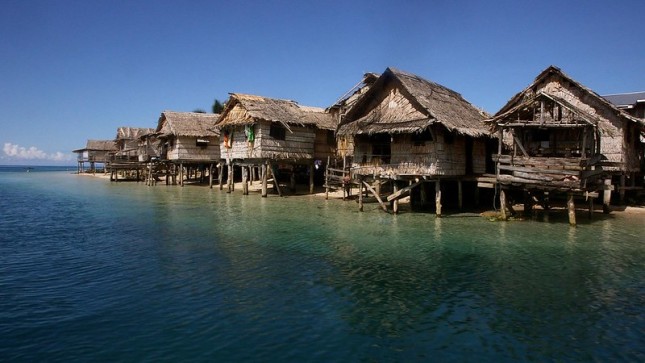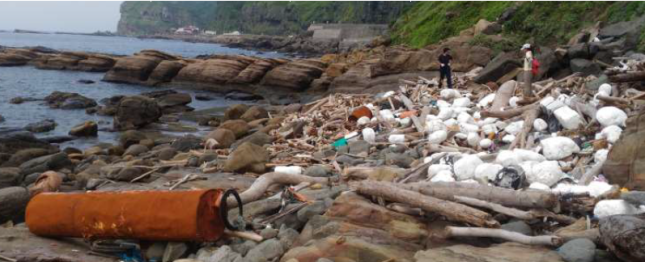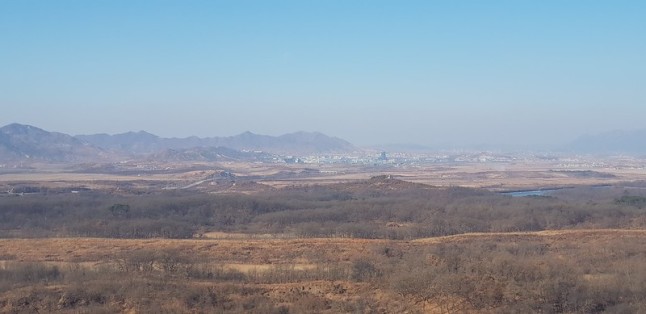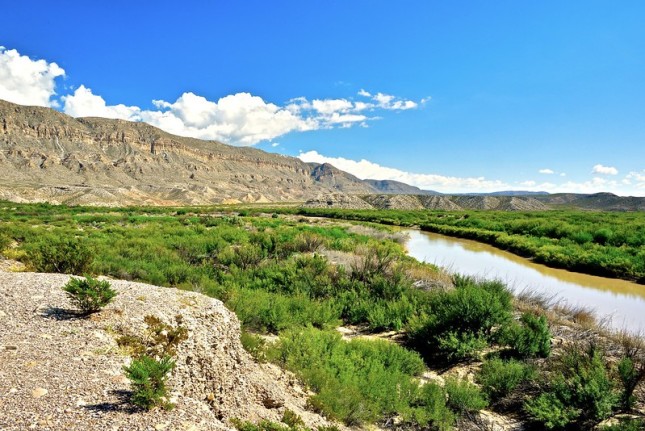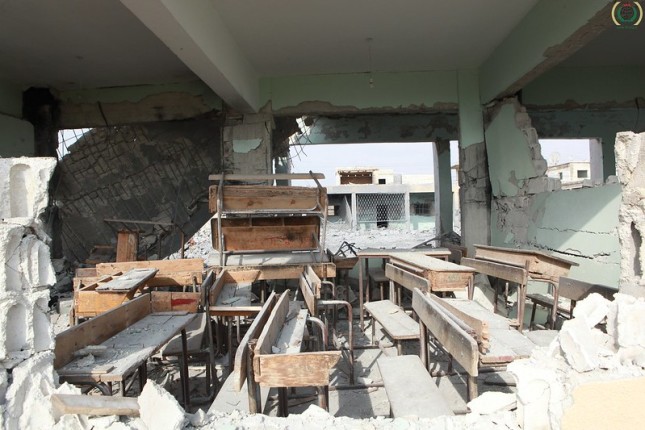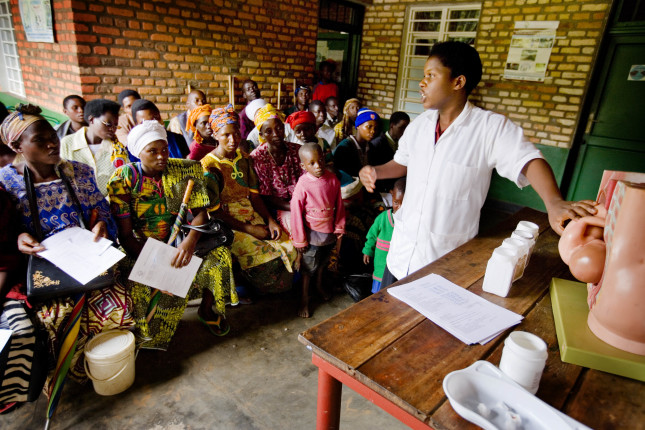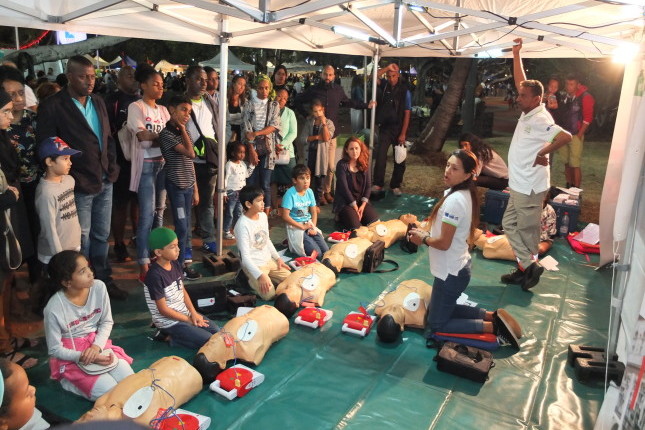-
The Environment Has Become a Hostage of Armed Conflict
›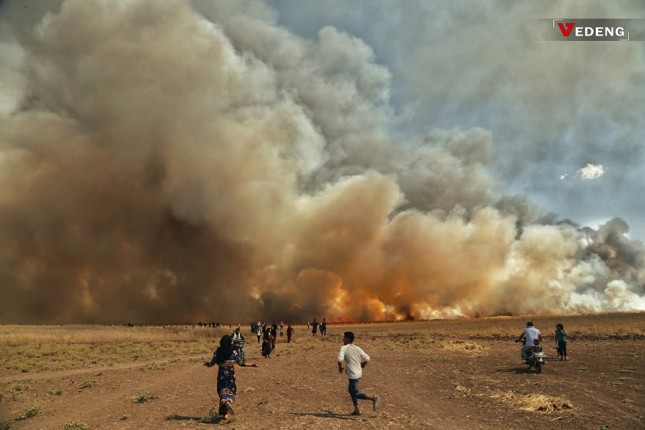
This year, 2019, marked a new nadir for the environment that may reflect an ominous trend in warfare: Environmentally sensitive targets are being weaponized and taken hostage. Farmland went up in flames and burning oil tankers dominated the headlines, serving as a stark reminder of conflict’s ripple effects.
-
Climate Change, Conflict, and Peacebuilding in Solomon Island Communities
›
Meaningful engagement with the social and conflict implications of climate change in Solomon Islands must be firmly grounded within local worldviews—within Solomon Islanders’ physical, economic, political, and social and spiritual worlds. As we note in a recent policy brief for the Toda Peace Institute, when addressing conflict challenges exacerbated or caused by climate change, approaches should be draw upon community understandings of what constitutes peace and justice.
-
Upcycling ‘Beach Snow’: Clearing Taiwan’s Oyster Farming Marine Debris
›
“If you go to some Taiwan beaches, you can see snow,” said Chieh-Shen (Jason) Hu, Ocean Initiative Coordinator for Taiwan’s Society of Wilderness, a 6,000-member organization similar to Sierra Club. Hu was referring to pervasive Styrofoam marine debris from western Taiwan’s oldest industry, oyster aquaculture.
-
Rehabilitating North Korea’s Forests: The Struggle to Balance Conservation with Livelihoods
›
Venerated in art and poetry, Korea’s verdant mountain forests hold a special place in Korean people’s hearts. Like their political systems and economies, however, forest fortunes in North and South Korea have gone in very different directions since the country’s division more than 70 years ago.
-
Hydro-Nationalism: Future Water Woes Call for Radical New Borders
›
International political boundaries are arbitrary creations. Today’s borders are better described as imaginary lines on maps, rather than hard barriers between states. Often using mountains, rivers, or other geographical landmarks, modern borders are entrenched in historic tradition rather than logic and fact. As a result, today’s international borders are poorly equipped to handle modern challenges, in particular climate change, which has already begun to threaten the most important state resource, fresh water.
-
How Fires Threaten Syria’s Security
›
Fires are proliferating. By the end of September, over 4,500 active fires had been detected in Syria during 2019. From May through June, 2,106 of these fires burned in northeastern Syria—Raqqa, Deir ez-Zour, and Al-Hasakeh – as documented by the nongovernmental organization, REACH. Meanwhile, widespread fires in Brazil’s Amazon rainforest caused global alarm. World leaders are becoming increasingly concerned about the environmental threats posed by increased fires, but Syria’s fires may also be linked to security threats.
-
To Achieve Universal Health Care, Invest in Nurses and Midwives
›
Universal health coverage, a sustainable development goal championed by Dr. Tedros Adhanom Ghebreyesus, Director-General of the World Health Organization (WHO), won a key vote of confidence during this year’s United Nations General Assembly in New York City. The member states endorsed primary health care as a means to reach more than 4 billion people who lack essential care—a critical gap to the achievement of universal health coverage by 2030.
-
Disasters, Vulnerabilities, and Equity: Moving Forward
›
Houston after another major flood a few weeks ago; the Bahamas after Dorian; Paradise, California, after the Camp Fire; Haiti after a major 2010 earthquake; Puerto Rico after Maria; New Jersey and New York after Sandy; New Orleans after Katrina; Thailand and Indonesia after the Indian Ocean tsunami in 2004… The list goes on. As we head into another hurricane season, we should once again examine what we’ve learned and prepare to reduce the impact of disasters on communities worldwide.
Showing posts from category Guest Contributor.


